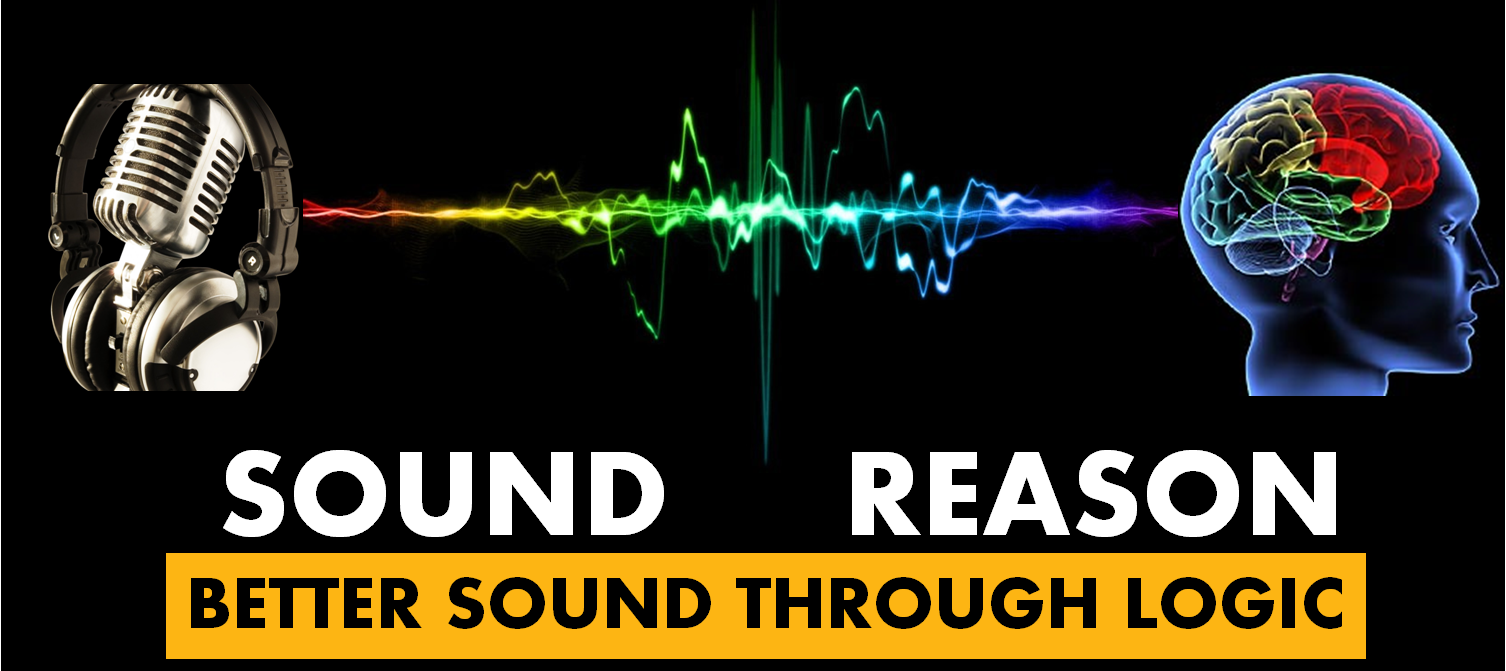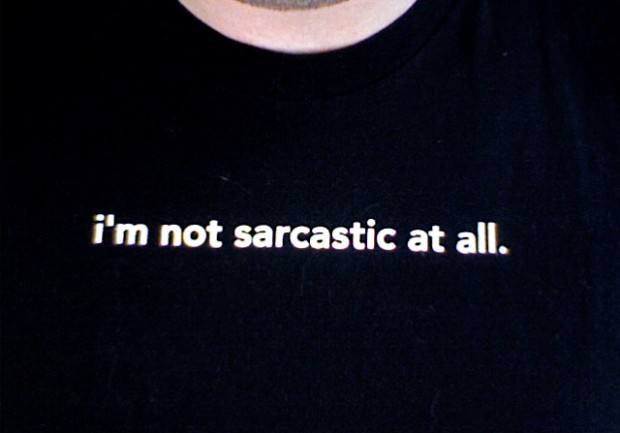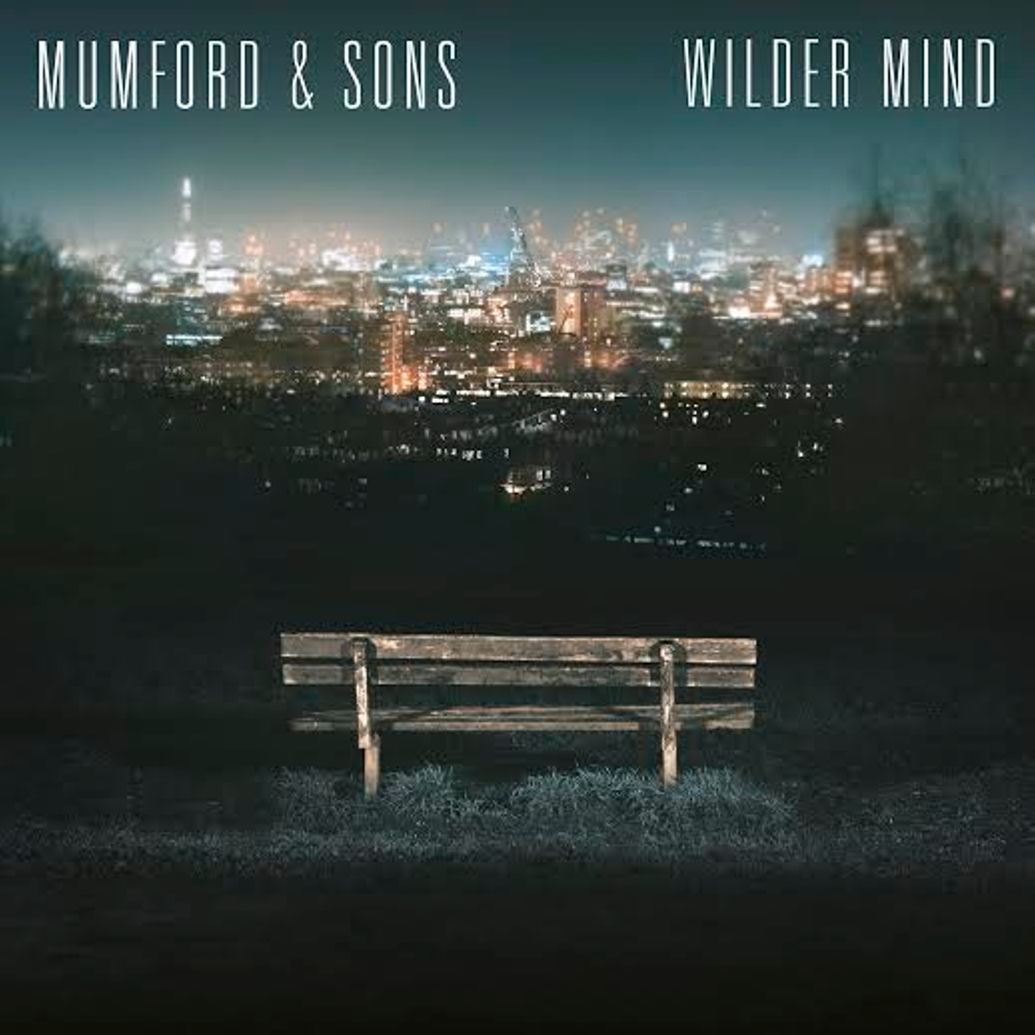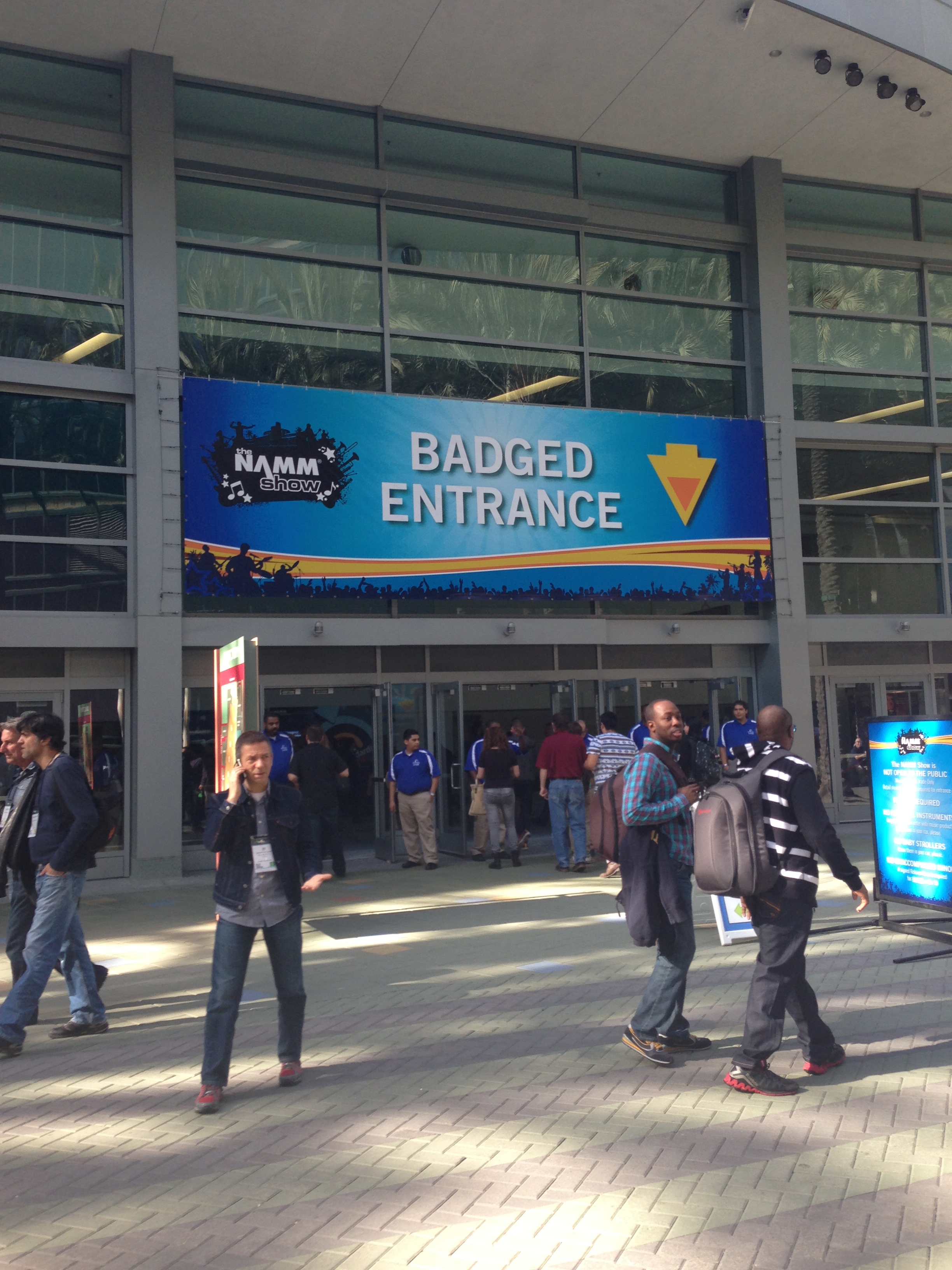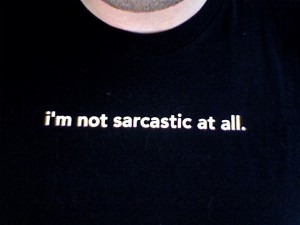 Was it really Generation X that made sarcasm a part of daily conversation? It’s been around as long as there has been language, but the overtones of speech dripping with razor sharp cuts and self-deprecation are a much more modern trait; at least to the extent where we use and hear them on a daily basis. But that message doesn’t always translate in the written word, does it?
Was it really Generation X that made sarcasm a part of daily conversation? It’s been around as long as there has been language, but the overtones of speech dripping with razor sharp cuts and self-deprecation are a much more modern trait; at least to the extent where we use and hear them on a daily basis. But that message doesn’t always translate in the written word, does it?
Friendships, relationships, and partnerships have all been stretched thin or broken because of a sarcastic comment and even more so now that so much communication in our modern life is via text. I always think of ‘The Simpsons’ episode at the music festival when I think of how much we over use sarcasm in our interactions.
If this has become such an accepted way of communicating, why is it possible to be such a detriment to your success as a professional? Given how we currently absorb and consume media, so many of people will be introduced to you and your music based on your social media posts, your website and other text based formats. Sarcasm is a part of language that requires a certain amount of familiarity or context. You cannot predict how your audience will perceive the content that you share when the odds are they don’t have the familiarity with you to interpret the sarcastic remarks from the genuine ones.
Imagine going to a musician’s website and reading their bio. This artist has spent countless hours and possibly large amounts of cash trying to put together a visual that represents who they are as an artist. When people start dropping by the site to discover more information about this artist, the bio page is filled with self-deprecating comments and sarcastic overtones. This becomes the impression that the public will have of you as a professional and an artist. They will see you as someone who doesn’t necessarily think highly of themselves or their skills, the acts that you’ve associated with, or the music that you have been a part of to date.
Why would someone want to hire you or offer you opportunities if you are not representing yourself as a professional with something to offer that thinks highly of what you bring to the table? If you’re looking to join an act, who would want a band mate that doesn’t think they are worthy of being a “true” professional?
Now, there is a point of being humble and genuine as to knowing your skills versus others in the profession, but your social media bios and website are your new “15 second” pitch to get people interested in finding out more about you and the products that you have to offer. This is your chance to impress them with who you’ve worked with and what you’ve been able to accomplish because you have sought after skills. It’s your chance to show the viewing audience what you are truly about and demonstrate that you are a professional.
I cannot emphasize this enough: TAKE ADVANTAGE OF THIS CHANCE! The modern viewing audience has a short attention span, and if how you view yourself leaves you in a negative light, they will turn off to you because why would they want to associate with someone who doesn’t broadcast themselves in the best light possible? This is the time to sell your abilities, to make yourself stand out from all the other artists and musicians out there. Make people want to associate with you. Make them want to listen. But above all, be a professional.
If you hand over a resume to a company for a job you talk about who you are and what you’ve accomplished. Your website and social media are the equivalent to your resume anymore. While the resume might be more formal, there is no excuse not to treat yourself with the respect you so rightly deserve. So let the sarcasm come out in person and in personal interactions, but leave it off your bio.
